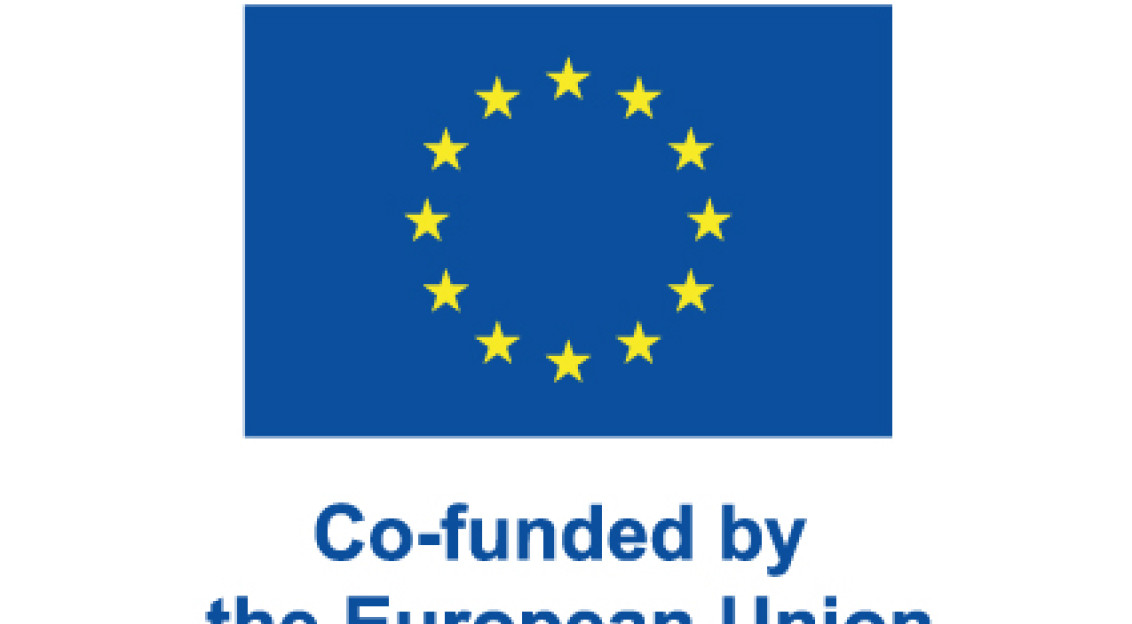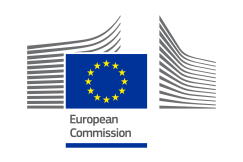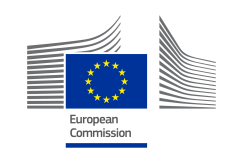Funding calls
03 July 2025
Creating urban co-creation spaces for driving sustainable food system transformation (HORIZON-CL6-2025-02-COMMUNITIES-04)
Funding calls
03 July 2025
1. Healthy, balanced and sustainable diets for all European consumers
2. Prevention and reduction of food loss and waste
3. A climate - neutral food chain in Europe by 2050
+4 more
Login / create an account to be able to react
-
69

Horizon Europe is the European Union’s flagship research and innovation programme for the period 2021-2027, with a total budget of €93.5 billion.
On 21 May 2025, the work programme for 2025 was released. Of particular interest for the agri-food sector is Cluster 6: Food, Bioeconomy, Natural Resources, Agriculture, and Environment.
Call: Creating urban co-creation spaces for driving sustainable food system transformation.
Call identifier: HORIZON-CL6-2025-02-COMMUNITIES-04
Call launch: 06 May 2025
Call deadline: 16 September 2025, 17:00:00 Brussels time
Call budget: €12.000.000,00rants
Editorial team
European Commission - DG RTD
Topics
Albania
Armenia
Austria
Belgium
Bosnia and Herzegovina
Bulgaria
Croatia
Cyprus
Czechia
Denmark
Estonia
EU-27
Finland
France
Georgia
Germany
Greece
Hungary
Iceland
Ireland
Italy
Kosovo
Latvia
Liechtenstein
Lithuania
Luxembourg
Malta
Moldova
Montenegro
Netherlands
North Macedonia
Norway
Poland
Portugal
Romania
Serbia
Slovakia
Slovenia
Spain
Sweden
Switzerland
Türkiye
Ukraine
Other
Academic / Research and VET Institutions
Business Support Organisation
Company with 250 or more employees
Cluster Organisations
Consumer Organisations
Cultural and Heritage Organisations
Destination Management & Marketing Organisations
EU Institutions
Financial Institutions and Investors
Industry Associations and Chambers of Commerce
International Organisations
Local Authorities
Media / Journalist Organisations
National authorities
Networks and Federations / Confederations
NGOs / Non-profits
Notified Bodies
Regional Authorities
SMEs (a company with less than 250 employees)
Social Economy Entity
Trade Unions
Other
-
CoC aspirational objectives
-
-
1. Healthy, balanced and sustainable diets for all European consumers
-
2. Prevention and reduction of food loss and waste
-
3. A climate - neutral food chain in Europe by 2050
-
4. An optimised circular and resource-efficient food chain in Europe
-
5. Sustained, inclusive and sustainable economic growth, employment and decent work for all
-
6. Sustainable value creation in the European food supply chain through partnership
-
7. Sustainable sourcing in food supply chains
-
Share
Expected Outcome:
The successful proposal will contribute to the European Green Deal priorities and the farm to fork and the EU biodiversity strategies, as well as of the EU’s climate ambition for 2030 and 2050. It will also contribute to the Food 2030 priorities: nutrition for sustainable healthy diets, circularity and resource efficiency, innovation, and empowering communities. The successful proposal will support the development of policies, business models, and market conditions that contribute to the sustainable and inclusive growth of urban areas and to the empowerment and resilience of their communities, enabling them to access, afford, and choose sustainable food.
Scope:
Achieving sustainable food systems requires managing numerous interconnected activities and actors that have a significant impact on the nutrition, environmental, and economic outcomes relevant to the EU, including the Sustainable Development Goals (SDGs). Understanding the interconnections and interdependencies of food systems is crucial in decision-making processes to steer a food system change. Yet, for governments to promote more sustainable food systems, they will need to enhance their capacity to address the complexity of interdependencies with effective governance mechanisms and principles that support a more systemic approach. Strengthening food systems governance in the urban context is a crucial area and opportunity for research, innovation, and implementation to accelerate sustainability impacts in the local context.
It has the potential to enhance coordination and coherent actions, leading to the development of more effective urban policies that ensure food security and nutrition for all, without compromising the economic, environmental, and social foundations.
Proposals should include a dedicated task in the work plan and appropriate resources to collaborate with projects funded under this topic and under topic HORIZON-CL6-2022-GOVERNANCE-01-01 (Mobilisation of society to transform food systems for co-benefit, Cleverfood).
Collaboration and complementarity with the European Partnerships on “Sustainable Food Systems” and “Agroecology”, as well as the EU Missions “A Soil Deal for Europe” and “Climate-Neutral Smart Cities”, and the New European Bauhaus (NEB) Facility are encouraged. Cooperation with the JRC may be envisioned, particularly for actions related to monitoring and enhancing the governance of food systems.
To achieve the expected outcomes, cooperation with legal entities established in other countries is strongly encouraged. International collaboration is also encouraged.
In total, two projects will be funded, with the European Union providing the funding.
Budget per project: Around € 6.000.000,00
Call deadline: 16 September 2025, 17:00:00 Brussels time
Funding rate
RIA: 100%
Documents
Comments (0)
See also
-
17
Demonstration of reduced energy use and optimised flexible energy supply for industrial bio-based systems (HORIZON-CL6-2025-01-CIRCBIO-11)
- Categories
- 2. Prevention and reduction of food loss and waste 3. A climate - neutral food chain in Europe by 2050 4. An optimised circular and resource-efficient food chain in Europe +3 more
-
24
Operationalisation of bioeconomy sustainability principles (HORIZON-CL6-2025-03-GOVERNANCE-04)
- Categories
- 2. Prevention and reduction of food loss and waste 3. A climate - neutral food chain in Europe by 2050 4. An optimised circular and resource-efficient food chain in Europe +3 more
-
17
Enhancing plant protein production to bolster the resilience of agricultural systems and EU self-sufficiency in plant protein feed (HORIZON-CL6-2025-02-FARM2FORK-04)
- Categories
- 2. Prevention and reduction of food loss and waste 3. A climate - neutral food chain in Europe by 2050 4. An optimised circular and resource-efficient food chain in Europe +3 more




